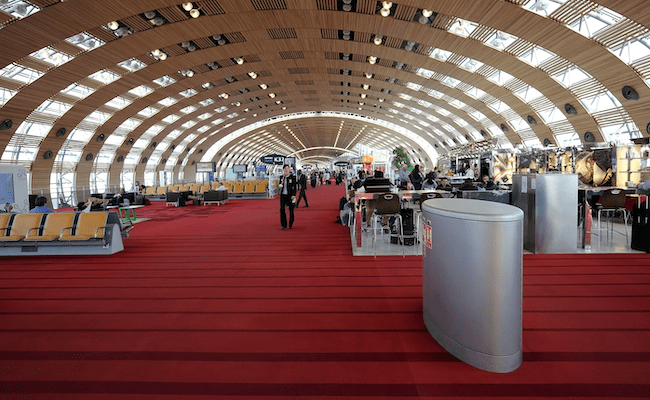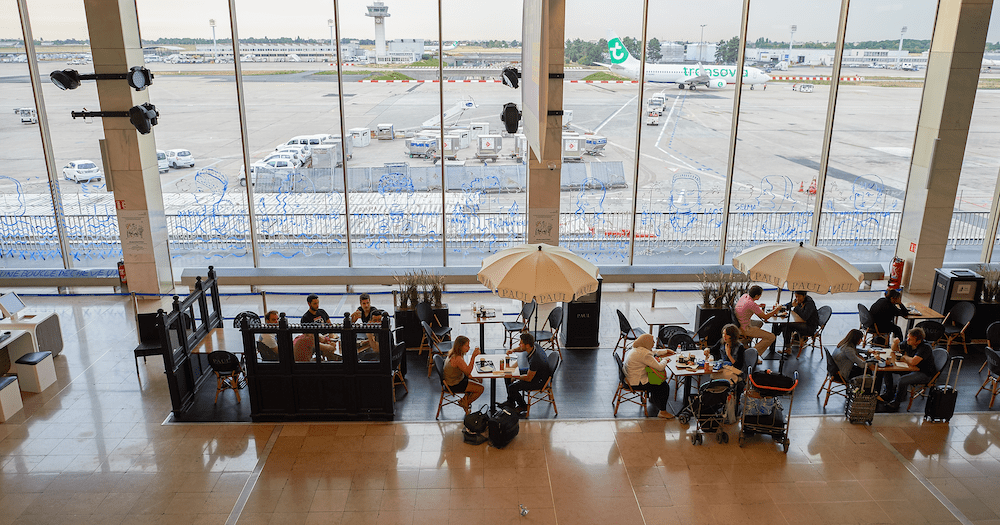While its football team displays heroics at the World Cup, France is “pioneering” things back home. The European Commission (EC) recently gave France the green light to abolish domestic flights between Paris Orly airport and Lyon, Bordeaux and Nantes.
While the ban will take months to implement, more routes will follow if the move is deemed a success after three years.
The country’s Climate Law seeks to put a stop to flights between cities that are linked by train journeys of less than two and a half hours as the nation aims to reduce its overall carbon footprint.
“This is a major step forward and I am proud that France is a pioneer in this area,” French Transport Minister Clément Beaune said in a statement.

According to Forbes, a French citizens’ assembly charged with proposing eco-friendly ideas suggested a near blanket ban on short-haul flights within France.
But the Union of French Airports and European branch of the Airports Council International even opposed the three-city ban from Paris Orly put forward by French lawmakers.
A subsequent European Commission probe has now deemed the proposals acceptable.
Green campaigners welcomed the EC’s approval, but say more radical measures are needed to move towards greener transport.
The beginning of the end for European short-haul flights?
Some European planners and politicians say new high-speed rail lines, which form part of the European Union’s TEN-T road and rail links project, will make many short-haul flights redundant across Europe.
One of the developments in the works is the 58-kilometre Mont Cenis Base Tunnel, which will halve the current seven-hour rail journey between Paris and Milan.
Meanwhile, Paris has reopened its most famous airport terminal at Charles de Gaulle airport, as the city prepares for its hosting of the 2024 Summer Olympics.
Airport operator, Aeroports de Paris, said at the reopening ceremony of Terminal 1 that ADP spent €250 million (AU$390 million) adding 36,000 square metres of passenger space to the airport, Bloomberg reports.
“It will allow us to get more passengers but also to improve travel experiences, quality of service, commercial revenues and operational performance,” ADP deputy chief executive officer Edward Arkwright said.
Opening in 1974, T1 is CDG’s oldest terminal and is known for its circular concrete structure.







